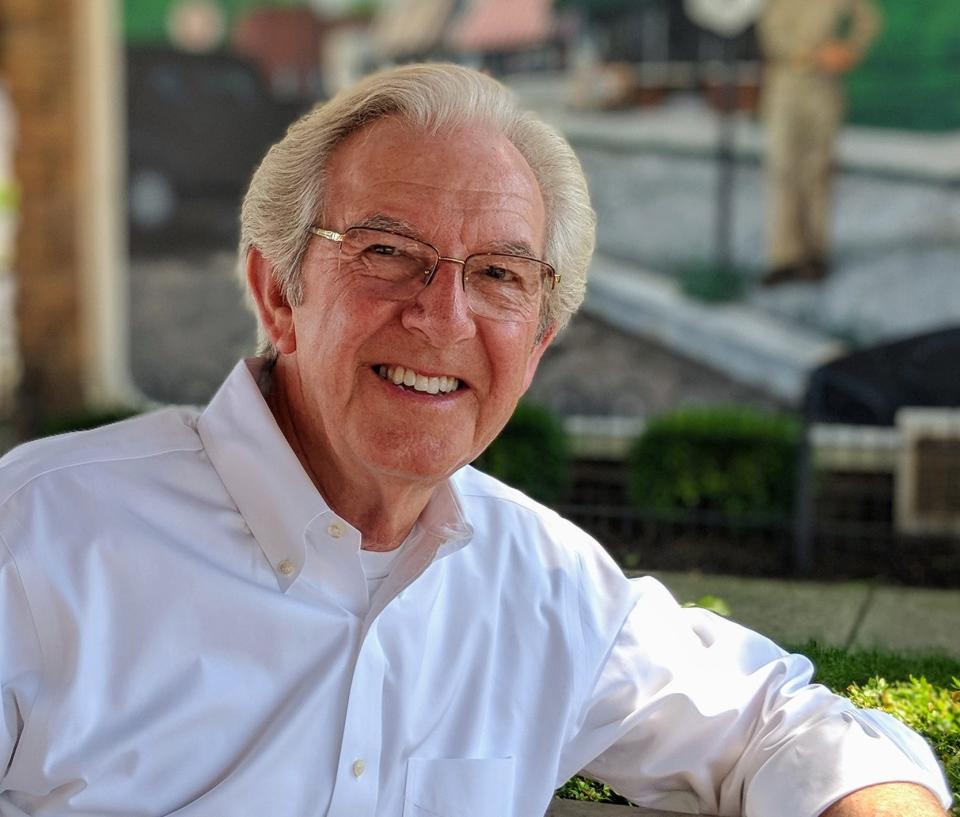Mayor’s Stage: Grove City moving forward on mental-health, substance-use action plan
Mental health and substance use certainly are not new topics of concern across the country, but they are a matter that has seriously grown over the years.
Although not always the case, the two often are connected and create unsettling consequences, from increased criminal activity to the dismantling of families and loss of life.

Grove City is not immune to the negative impacts of untreated mental illness and substance-use disorders. The Grove City Division of Police reports that in 2020 and 2021 combined, officers encountered 226 overdose victims. Twenty-three of those individuals did not recover – leaving families devastated.
These figures continue to grow despite emergency personnel’s greatest efforts. In 2021, Jackson Township Fire Department and the Grove City police administered more than 150 doses of naloxone, an opioid antagonistic medicine that rapidly reverses an opioid overdose.
It’s beyond time for all of this to change, and improving awareness while increasing availability of resources is an important part of the solution. With that in mind, I signed a resolution approved by City Council in February 2020 that includes the formation of a committee to create a mental-health and substance-use-disorder action plan.
At the June 20 City Council meeting, committee cochairs, safety director Kevin Teaford and council member Christine Houk, presented the Grove City Action Plan to Promote Mental Health and Prevent Substance Use Disorders, created by the committee of highly qualified and motivated physicians, recovery professionals, attorneys, educators, first responders and other community stakeholders. Once approved by council, the action plan would proceed into motion.
This isn’t just a plan to share statistics and hope the community makes healthier choices. It’s a plan of action – a community-wide effort to support and heal our friends and neighbors who are living with struggles and ultimately improve the overall health of our hometown.
Mayor's Stage: Disaster training exercises ensure agencies are prepared
The committee introduced an impressive strategy with a mission to positively affect the culture, attitudes and practices around mental-health and substance-use disorders and reduce individual and societal harms by investing in collaboration, education, prevention, treatment, harm reduction and support and creating a society in which people who need help feel comfortable seeking it and who are celebrated for their efforts.
I’m impressed and grateful by the dedication of the committee to create a plan that grows, supports and relies on strong and active partnerships with community organizations. The plan is intentionally created to invite other organizations and individuals to participate, ultimately creating a care system that is intertwined with the community. The plan emphasizes meeting people where they are and acting with compassion to support not only the individual but also the families, caregivers, employers, educators and faith leaders.
The proactive measures outlined in the plan have the potential to improve community knowledge of and connection to available services in hopes of improving health-centered, non-police response to mental-health and substance-use disorder emergencies. Linking individuals and families to community services can help divert those in crisis away from the criminal-justice system and toward the support needed to end the cycle of crises.
The plan is unique to Grove City, utilizing not only the resources currently available through partnerships with ADAMH, the city of Columbus and Franklin County but also those already in place in our neighborhoods, as well as new programs. This whole-community approach is a bold and aggressive step toward creating a healthier community.
Richard “Ike” Stage is the mayor of Grove City.
This article originally appeared on ThisWeek: Mayor’s Stage: Grove City moving forward on mental-health, substance-use action plan

